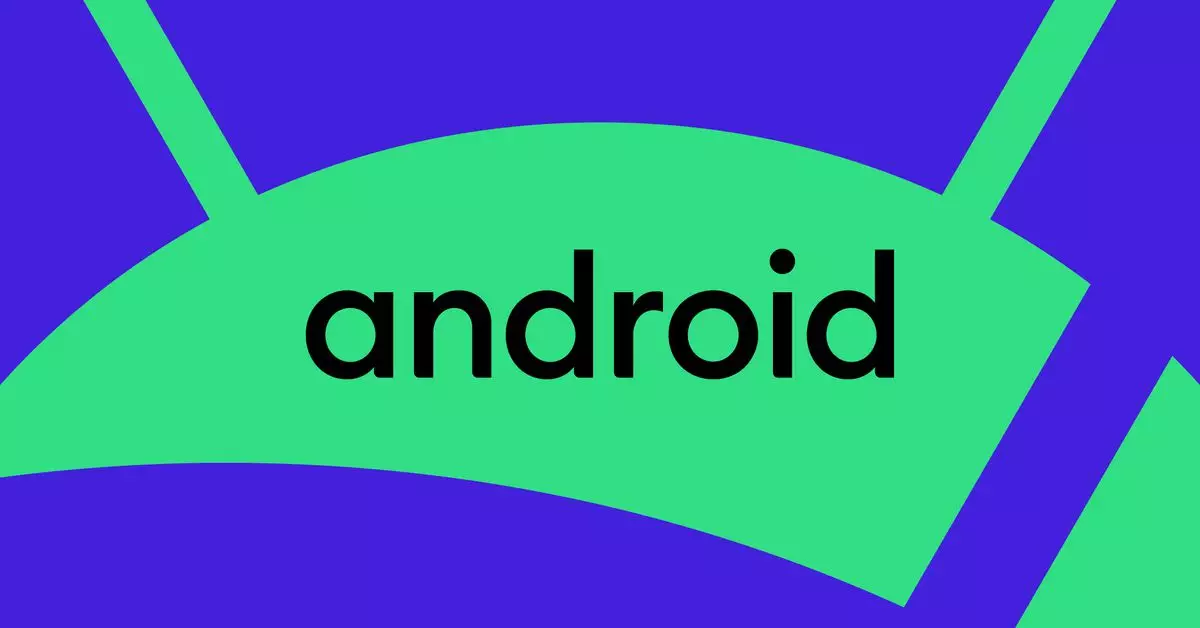In a significant shift for its ecosystem, Google is altering the traditional rollout of major Android updates. For years, developers and users alike have grown accustomed to the predictable fall releases, but starting in 2025, this pattern will see a reshaping with the anticipated launch of Android 16 slated for the second quarter. This decision comes as a response to ongoing challenges within the Android ecosystem, particularly concerning the lag in updates for third-party devices.
The primary motivation behind this shift is to ensure that the latest Android updates coincide closely with the launch schedules of new devices within the Android ecosystem. By moving the major release to the second quarter, Google aims to alleviate the frustration of delayed updates that many users have faced over the years. Historically, third-party manufacturers often took months—if not longer—to roll out the latest updates, leaving many devices behind while Google’s own Pixel lineup stayed current. This proactive adjustment intends to empower more manufacturers to release new devices fully equipped with the latest Android features right from day one.
In addition to the change in release timing, Google is focusing on enhancing the user experience within the Play Store. A notable feature being introduced is the ability for users to share their preferences for app recommendations, a system that has already proven successful in game suggestions. This move signifies Google’s commitment to making the application discovery process more intuitive and personalized for users. By refining how users find and interact with apps, Google is addressing a critical area that could influence app engagement and satisfaction.
Integration of AI Features in App Development
Moreover, as part of the update initiatives, Google is also enhancing the developer experience with the integration of Artificial Intelligence (AI) features into Android Studio. By introducing more capabilities through the Gemini AI framework, developers can expect tools that assist in writing, refactoring, and documenting their code more efficiently. This enhancement not only aims to streamline the development process but also encourages higher code quality, ultimately leading to better applications for end-users.
Google’s latest changes reveal an underlying acknowledgment of the challenges faced in the Android ecosystem, particularly regarding the fragmented nature of updates across various devices. By implementing a more unified timeline for updates alongside an improved app discovery system and AI-driven development tools, Google is not just reacting to past criticisms but is actively shaping a more cohesive and efficient environment for both developers and users. As the rollout of these changes approaches, the tech community watches closely to gauge their impact on the broader Android landscape and the potential for a more synchronized experience across diverse Android devices.

